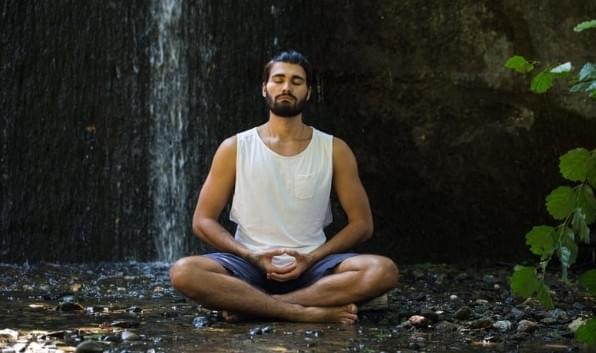Mindfulness has gained recognition as a powerful tool for enhancing mental and emotional health. In this article, we discuss the science behind mindfulness practices and their benefits, including stress reduction and improved focus. You will find practical tips for incorporating mindfulness into your daily life, such as guided meditations, breathing exercises, and mindful eating. By dedicating just a few moments each day to mindfulness, you can foster a deeper connection with yourself and promote a healthier lifestyle.Mindfulness: A Daily Practice for a Healthier Mind and Body

Why Mindfulness Matters
In recent years, mindfulness has moved from the meditation cushion to mainstream culture, gaining recognition as a powerful practice for mental and emotional wellbeing. In a world filled with constant notifications, busy schedules, and endless distractions, many people find themselves operating on autopilot, disconnected from their thoughts and emotions. Mindfulness invites us to slow down, pay attention, and cultivate presence in each moment.
The appeal of mindfulness lies in its simplicity. It requires no equipment, no special setting, and very little time. Whether you dedicate two minutes or twenty, mindfulness can help you regain control over your inner world, reduce stress, and sharpen your ability to focus.
The Science of Mindfulness
Scientific research over the last two decades has confirmed what ancient traditions long understood: mindfulness changes the brain. Studies using MRI scans have shown that regular mindfulness practice can increase gray matter density in areas associated with learning, memory, and emotional regulation. It also lowers activity in the amygdala, the brain’s “fear center,” which helps reduce feelings of stress and anxiety.
Mindfulness doesn’t just reshape the brain — it influences the entire body. Practicing mindfulness lowers cortisol levels, stabilizes blood pressure, and improves immune system function. It even helps people sleep better by calming the nervous system and reducing racing thoughts before bed.
Practical Ways to Bring Mindfulness Into Your Day
Mindfulness doesn’t have to mean sitting cross-legged in silence. There are many accessible ways to integrate it into your daily life. Guided meditations are a great entry point, offering gentle direction as you focus on your breath or body sensations. Breathing exercises, such as inhaling deeply for four counts and exhaling slowly for six, can reset your nervous system in just a few moments.
Mindful eating is another powerful practice. By slowing down and savoring each bite, you become more aware of your body’s hunger and fullness cues, which can improve digestion and reduce overeating. Even simple daily tasks — like walking, showering, or washing dishes — can become opportunities for mindfulness if you approach them with full attention and without distraction.
The key is consistency, not perfection. Even dedicating a few mindful moments each day can gradually train your brain to be calmer, clearer, and more resilient.
Building a More Mindful Lifestyle
Mindfulness is not about erasing thoughts or achieving instant peace. It’s about noticing what arises in your mind and body without judgment. With time, this practice creates space between stimulus and response, allowing you to act with clarity instead of reacting impulsively. Over weeks and months, these small changes compound, supporting healthier relationships, improved productivity, and a deeper sense of connection to yourself and the world around you.
🔬 Science Spotlight
Mindfulness and the Brain
A study published in Psychiatry Research: Neuroimaging found that participants who completed an eight-week mindfulness meditation program experienced increased gray matter in the hippocampus, the region of the brain linked to memory and learning, as well as reduced density in the amygdala, which is associated with stress and fear. These neurological shifts help explain why mindfulness leads to both improved focus and lower anxiety.
